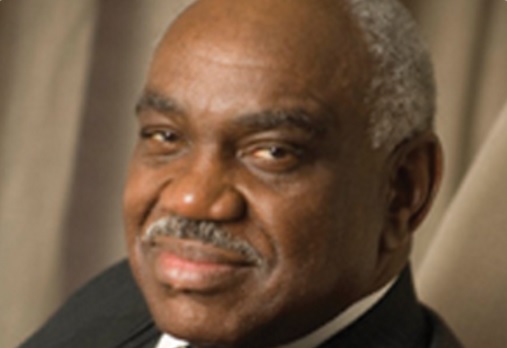Times staff report
The AT&T Alabama African-American History Calendar has been highlighting the achievements of the state’s best and brightest since 2011. It highlights the achievements of 12 notable Alabamians for a calendar year. Here is a listing of honorees who have had a compelling impact on Alabama and beyond, with the year they have appeared on the calendar.
Browder v. Gayle (2017)

The U.S. Supreme Court verdict in the 1956 Browder v. Gayle case upheld a lower court ruling that found Montgomery, Ala.’s, segregated bus laws unconstitutional. The plaintiffs in the case—Claudette Colvin, Aurelia Browder, Susie McDonald, and Mary Louise Smith—all had been either arrested for not giving up their seats to white passengers or were harmed when being forced to comply with segregation codes months before Rosa Parks’ 1955 arrest. Colvin, who was 15 years old, was the first person in 1955 to challenge segregation in Montgomery and the state of Alabama.
George Washington Carver (2011)
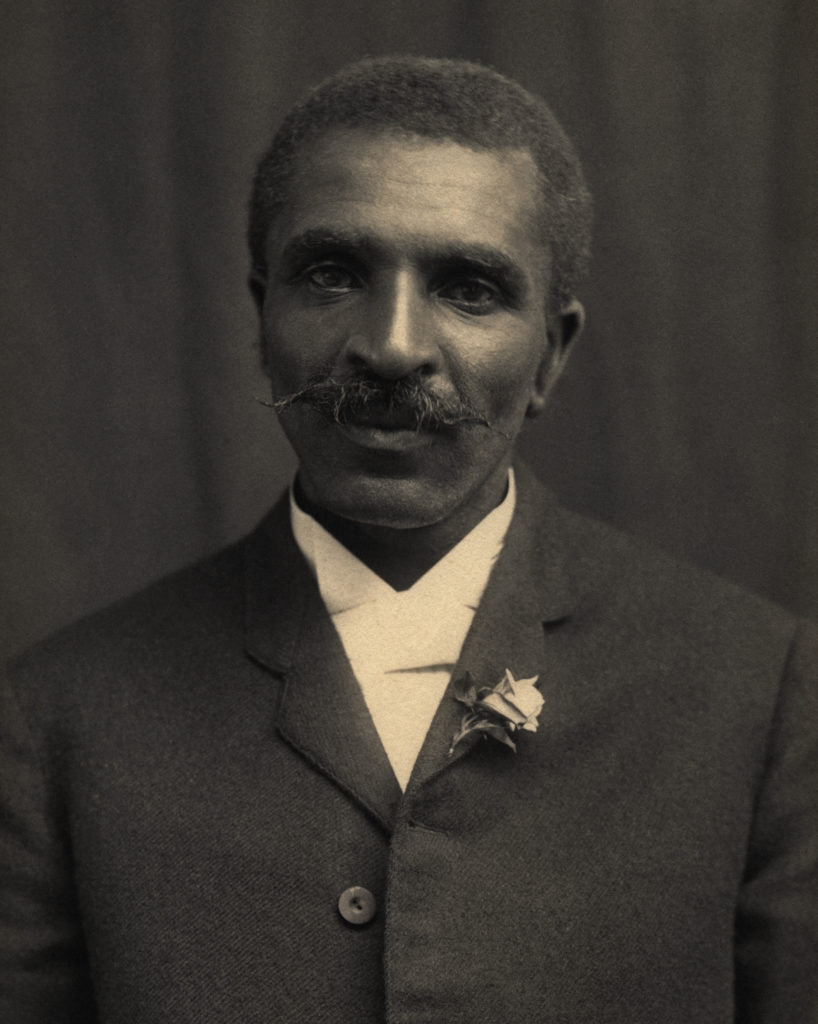
George Washington Carver was born a slave near Diamond Grove, Mo., in 1864, but he would go on to become one of the country’s greatest scientists. He is best known for his work at Tuskegee Institute (now Tuskegee University), where he conducted research on soil building, cotton growing, and the various uses for peanuts, sweet potatoes, and other plants native to the South. His research led to his invention of 300 products developed from peanuts, 100 products from sweet potatoes, as well as several other products from Alabama clay and cotton, including food, paints, beverages, dyes, medicines, cosmetics, ink, paper, household products, synthetic cotton and silk, rubber, and linoleum. He also revolutionized the peanut industry by providing several commercial and medicinal applications of the peanut.
Sheyann Webb-Christburg (2015)

Selma, Ala.’s, Sheyann Webb-Christburg was called the “Smallest Freedom Fighter” by the Rev. Dr. Martin Luther King. As a child, Webb-Christburg was the youngest participant to take part in “Bloody Sunday,” the first-attempted march from Selma to Montgomery. In 1980, she founded KEEP Productions Youth Development Mentoring and Modeling Program, through with children ages 2 through 18 can enhance their personal growth, leadership skills, and individual talents. She has appeared on the “Oprah Winfrey Show,” “Good Morning America,” and the “Tom Joyner Morning Show.” She also was featured in the PBS documentary “Eyes on the Prize,” and her story was the basis for the television movie, “Selma, Lord, Selma.”
U.W. Clemon (2012)
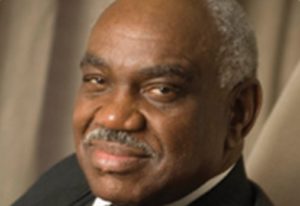
Fairfield, Ala.’s, U.W. Clemon broke barriers in the 1960s when he, James Baker and Oscar Adams founded the Adams, Baker, and Clemon law firm, one of the highest-profile law firms to litigate civil rights cases. In 1974, Clemon became one of the first two black lawyers to be elected to the Alabama State Senate since Reconstruction. He served two terms, during which he chaired the Rules and Judiciary committees and staunchly opposed Gov. George C. Wallace on a multitude of racial issues. Clemon became Alabama’ s first federal judge in 1980 and served as chief judge of the court from 1999 to 2006. His administration led to a more juror-friendly and representative jury plan, increased minority presence in the workforce of the court, and implemented a transition to electronic case filing and management. He has served on the executive committee of the 11th Circuit Judicial Council.
Alice Coachman (2016)
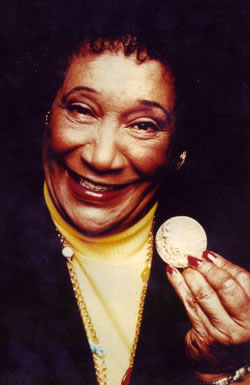
Tuskegee University alumnus Alice Coachman, of Albany, Ga., set an Olympic record at the 1948 London Olympics, when she high jumped 5 feet, 6 1/8 inches. Her record made her the first African-American woman to win an Olympic gold medal, and she was the only U.S. female athlete to win a gold medal at the games. During the 1996 Atlanta Olympic Games, Coachman was honored as one of the 100 greatest Olympians in history. She has been inducted into several halls of fame, including the National Track and Field Hall of Fame in 1975 and the U.S. Olympic Hall of Fame in 2004.
Nat King Cole (2013)
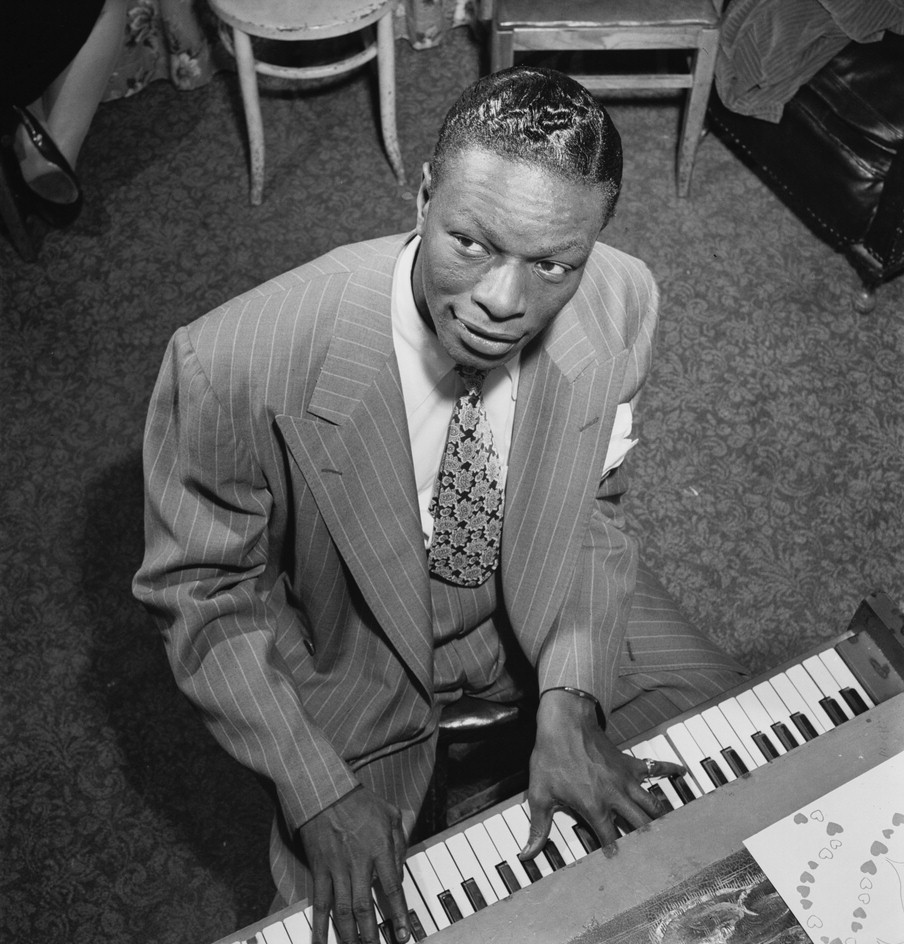
Nat King Cole, born Nathaniel Adams Cole in Montgomery, Ala., is a legendary jazz singer who helped build Capitol Records. Cole and the King Cole Trio played together throughout the 1930s and were eventually signed to Capitol Records in 1943. Cole’s records kept the record company afloat so much so that it was able to finance the Capitol Records building in Los Angeles, Calif. The building became known as “The House that Nat Built.” Cole became the first African-American host of a late-night talk show in 1956. “The Nat King Cole Show” debuted as a 15-minute pops show on Mondays and was later expanded to 30 minutes. The show was canceled a year later because of a lack of national sponsorship fueled by racism. Cole has been honored by the Alabama Music Hall of Fame and the Alabama Jazz Hall of Fame.
#BlackHistoryMonth: Notable black Alabamians will be updated throughout the remainder of February. Read Part One, Part Two


